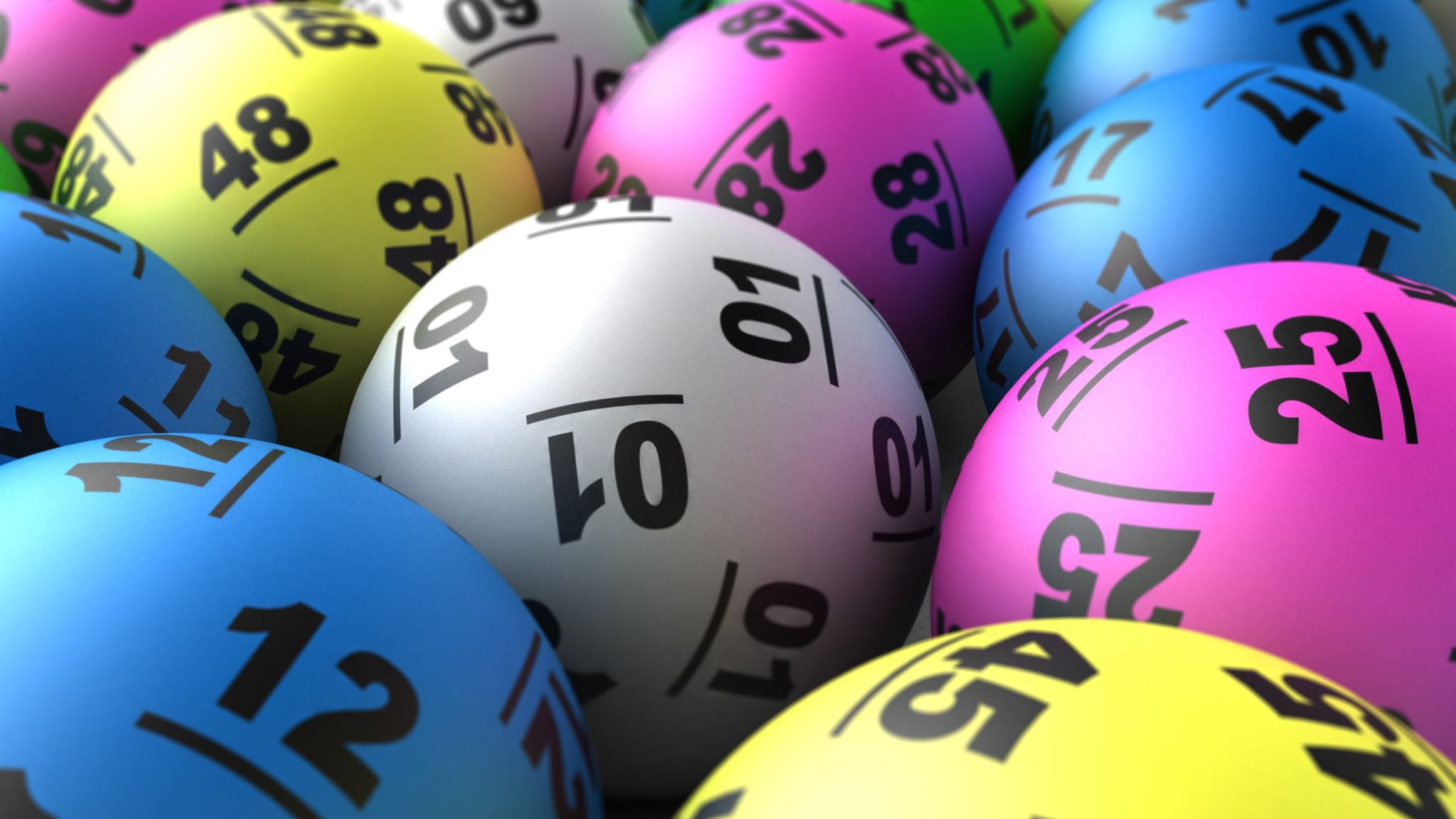
The Lottery: A Glimpse into the World of Chance and Dreams
In a world driven by dreams and aspirations, the lottery stands out as a beacon of hope for millions around the globe. The allure of winning a life-changing sum of money with a single ticket has fascinated people for centuries Alexistogel. But behind the glitz and glamour of jackpot dreams lies a complex tapestry of history, mathematics, and social impact.
A Brief History of the Lottery
The origins of the lottery can be traced back to ancient civilizations. The earliest known lottery was used by the Chinese Han Dynasty around 205-187 BCE. Known as “Keno,” it was believed to have financed major government projects like the Great Wall of China. Similarly, the Romans had their own versions of lottery games, often used as a form of entertainment during feasts and celebrations.
In Europe, lotteries gained prominence during the Renaissance. The first recorded lottery in Europe was established in 1569 in the Netherlands. The lottery was initially introduced as a means to raise funds for public projects such as roads and bridges, and it was met with significant enthusiasm. By the 17th century, many European countries, including France and England, had adopted lotteries for a range of purposes, including funding for charitable causes and military endeavors.
The lottery’s journey to the United States began in the early 18th century, with the first American lottery held in 1612 to support the Jamestown Colony. Lotteries continued to play a role in American history, contributing to the funding of educational institutions and public infrastructure. However, their popularity waned by the early 20th century due to concerns about corruption and gambling addiction.
The Mathematics of Winning
At the heart of the lottery is a simple but profound mathematical principle: probability. The odds of winning a lottery vary widely depending on the game. For example, in a standard 6/49 lottery game, players select six numbers from a pool of 49. The probability of correctly matching all six numbers is approximately 1 in 13.98 million. To put it in perspective, you are more likely to be struck by lightning, bitten by a shark, or become a billionaire through other means than to win the jackpot.
Despite the long odds, lotteries continue to captivate the imagination of people worldwide. This paradox—where the chance of winning is so remote yet the potential rewards so grand—forms the crux of the lottery’s appeal. Lotteries are designed to be random, ensuring that every ticket has an equal chance of winning. This randomness is carefully regulated to prevent fraud and maintain fairness.
The Social and Economic Impact
Lotteries are more than just games of chance; they are also significant economic and social phenomena. On the positive side, many lotteries generate substantial revenue for public projects. In the United States, for instance, state lotteries contribute billions of dollars annually to education, infrastructure, and other public services. In the UK, the National Lottery has funded various cultural, charitable, and sporting initiatives.
However, lotteries also have their critics. Some argue that they disproportionately affect lower-income individuals who may spend a larger portion of their income on tickets in the hope of a better life. This criticism is compounded by research indicating that lottery revenue is often regressive, meaning it affects poorer individuals more heavily than wealthier ones. Additionally, the promotion of lotteries can sometimes blur the lines between entertainment and gambling, leading to potential issues with addiction and financial strain.
The Cultural Impact
The lottery has also left an indelible mark on popular culture. From movies like “The Lottery” (1969), based on Shirley Jackson’s haunting short story, to the glitzy spectacle of televised lottery draws, the concept of striking it rich with a single ticket has been a recurring theme in media and literature. Lotteries have become symbols of both hope and folly, reflecting society’s complex relationship with luck and ambition.
The Future of the Lottery
As technology continues to advance, the lottery landscape is evolving. Online lottery games and mobile apps have made it easier than ever to participate, increasing accessibility and convenience. Blockchain technology and cryptocurrency have also begun to play a role in modern lottery systems, promising greater transparency and security.
However, with these advancements come new challenges. Ensuring fair play and preventing fraud in an increasingly digital world requires ongoing vigilance. Moreover, the ethical considerations surrounding the promotion and regulation of lotteries will continue to spark debate.